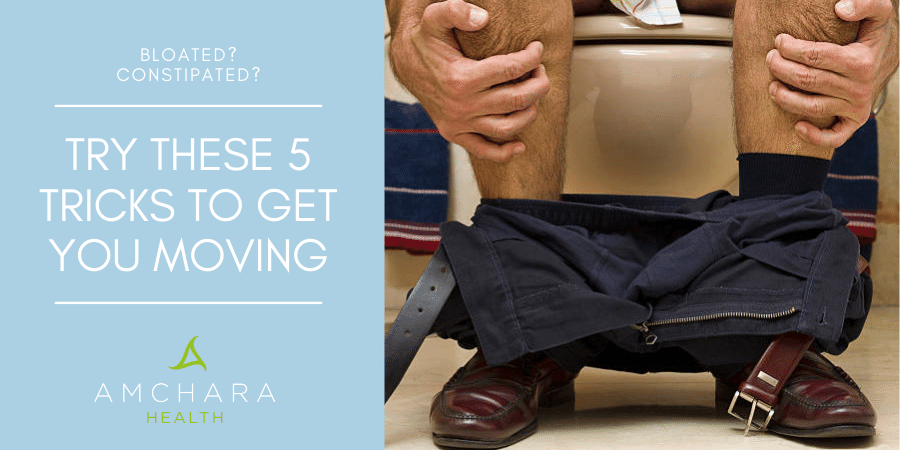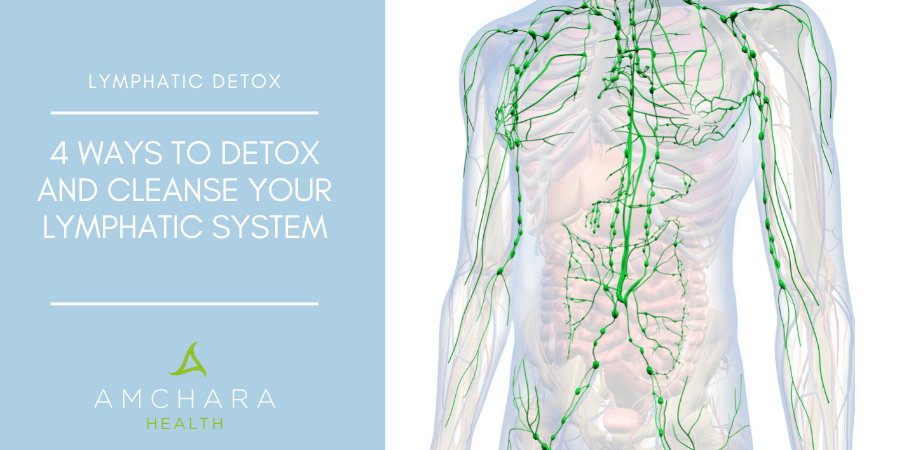Make Yourself Poop: 5 Remedies to Do at Home
There is no one-size-fits all model here, everyone has their own different bowel frequency pattern but there are averages that have been researched stating that an average pattern can be between 3 movements per day to 3 per week.
Experts vary on their recommendations for optimal bowel function, but passing at least one stool a day is an achievable and healthy goal to aim for.
Any less than that, tends to bring discomfort, feelings of being ‘blocked up’ and a variety of inflammatory disorders.
What causes constipation?
Change in diet and water. If your diet is too low in fibre, too high in protein or lacking in water you may experience negative effects on your digestive transit. Up your fruit, vegetable and wholegrain and bean intake. Also make sure you are drinking at least 2 litres of water per day, even more if you are exercising frequently and drinking diuretics like tea and coffee.
Sedentary lifestyle. A lack of exercise can slow digestive transit down as the bowel tissue benefits from the massage induced through movement. Walking is highly effective as well as yoga and simple stretching particularly when focused on twisting.
High levels of stress and trauma. High levels of stress causes muscular tension that we aren’t even aware of most of the time. Your body tenses up making it very hard for waste to pass through easily.
Neglecting the urge to go out of habit. Most of us prefer to do our business before we leave the house in the morning, enjoying the privacy of our own home. If you end up getting stuck at work or some where in public with an urge to go, many of us will resist the urge and hold it in. This can be really detrimental in the long term to forming a regular bowel habit as you end up creating blockages that become dry the longer they reside in the bowel, which in the end are much harder to pass.
Dairy & gluten. Dairy by nature causes mucous to be released which can clog up digestive passages. Gluten is made up of large protein molecules which can cause inflammation in many individuals, this slows down digestion and stops it from functioning effectively. If you are used to eating these foods on a daily basis it may seem too much to cut them out, but there are so many good quality dairy and gluten-free food products around now that it is easier than you might think to cut them out.
Holding onto emotional baggage. The connection between the emotional and physical body is often not well recognised. It could be related to a relationship, work, finances or fear and anxiety – in any case when constipation is addressed and relived, so can be the emotional driver and vice versa in some cases.
Pregnancy & Menstruation. These periods of time for women include hormonal changes and imbalances which can lead to constipation. From a hormone perspective, progesterone is the main culprit here causes digestive upset.
What can you do to get moving again?
-
Water, water, water. This is by far the most important thing you can do. Your body relies on water to break down foods and to encourage movement in the bowels. Dehydration is the number one causer of constipation.
-
Don’t eat your meals late. Having a big meal before bed is a recipe for constipation disaster for most people. Your digestive system and metabolism slow down in the evenings so it’s not a good idea to go to bed with a tummy full of undigested food.
-
Eat foods high in pectin. Pectin is a source of fibre and helps to correct established constipation; apples, pears, carrots, bananas, beetroot and citrus fruits are the best sources.
-
Clean up your diet. Avoid any foods that are going to block you up even more; processed foods, refined carbohydrates, sugar and fried foods are a definite no-no, if you can include dairy and gluten in the elimination phase for a minimum of 2 weeks to give your digestive system a chance to get going again.
-
Increase fibre-rich foods. There are two types of fibre; soluble which helps to soften stools and insoluble which adds bulks and encourages peristalsis (contractions). The best foods are apples, oats, peaches, plums, figs, prunes, grains, seeds and celery.
If you still see no improvement after making these amendments to your routine, we recommend you visit a health practitioner.
Related Gut Health Stories:




